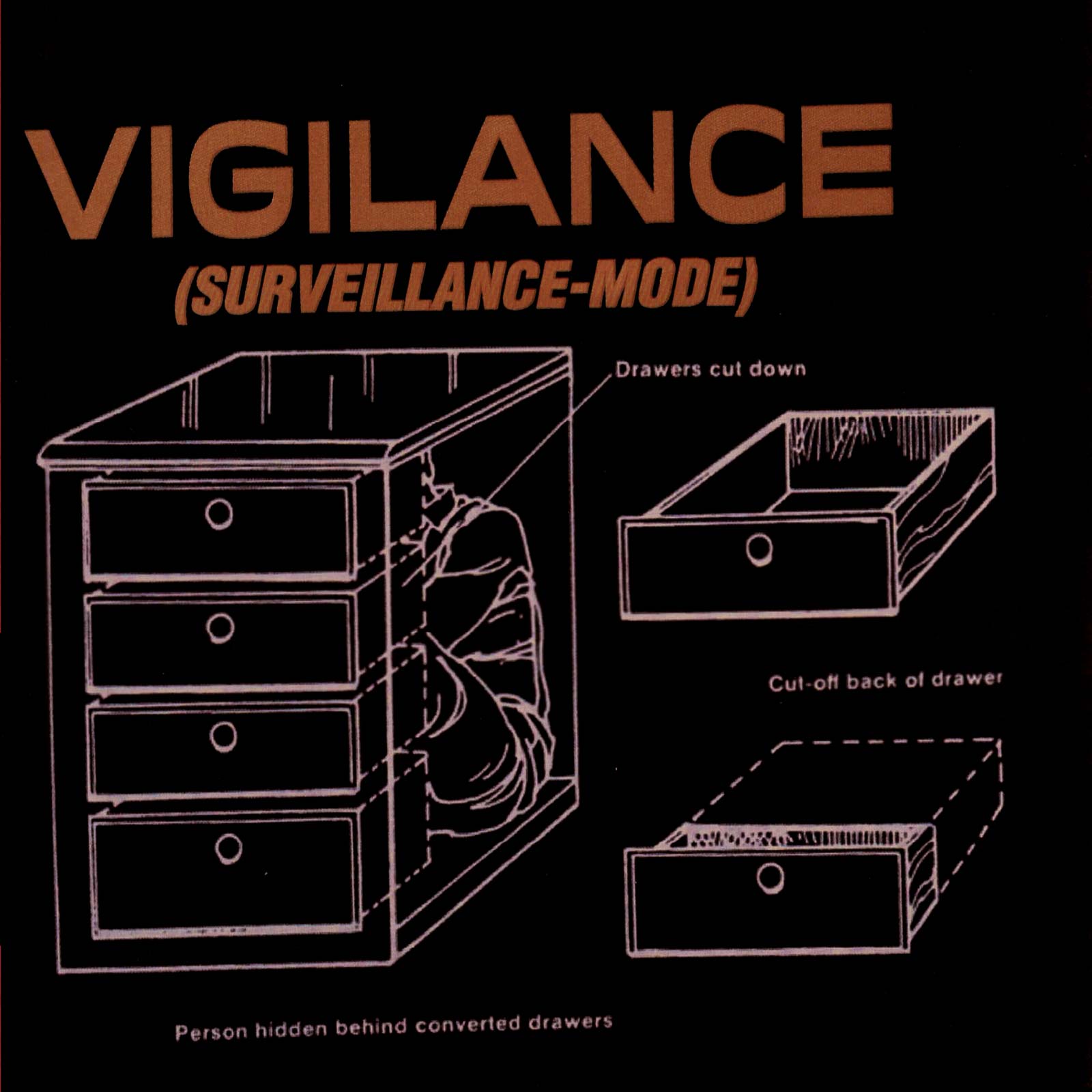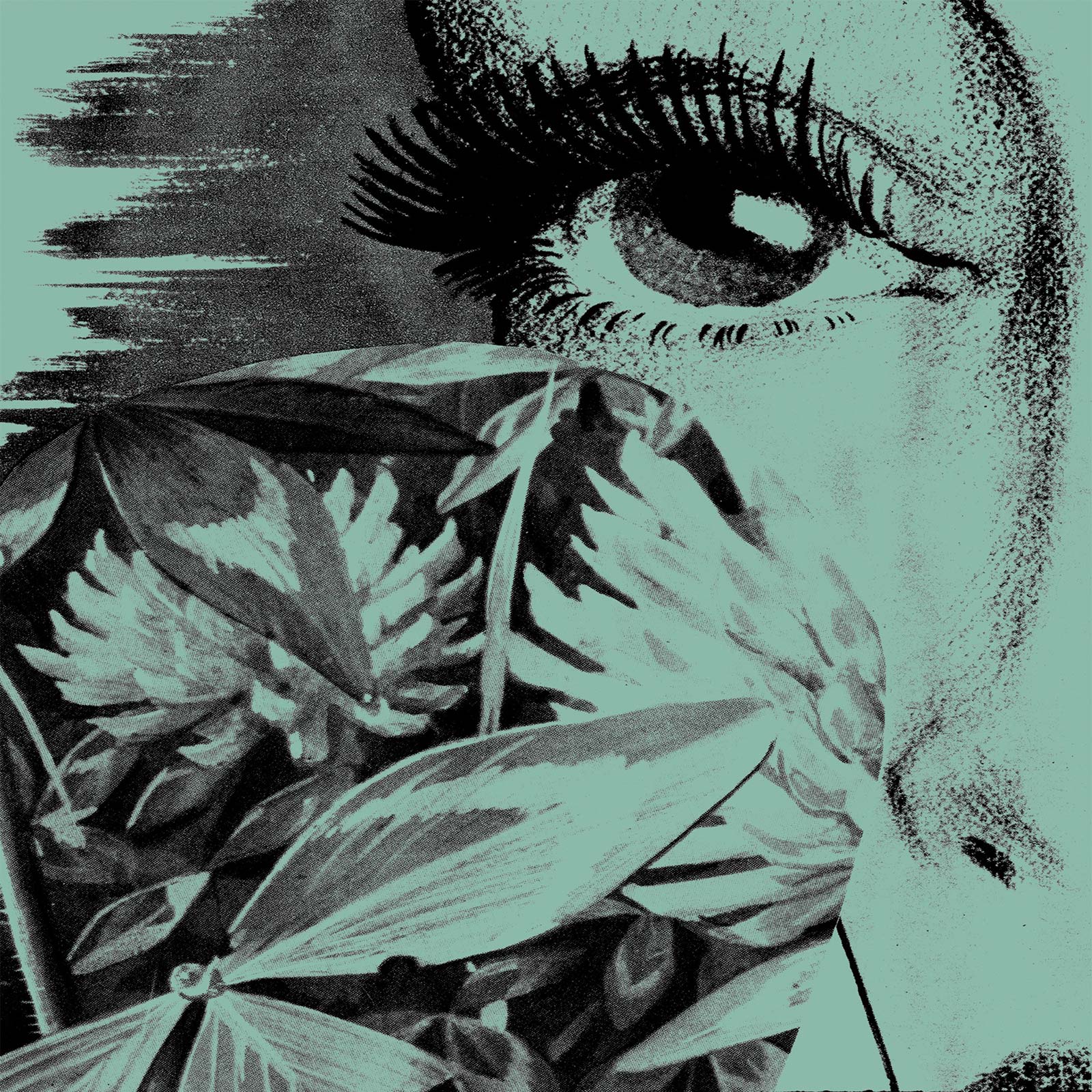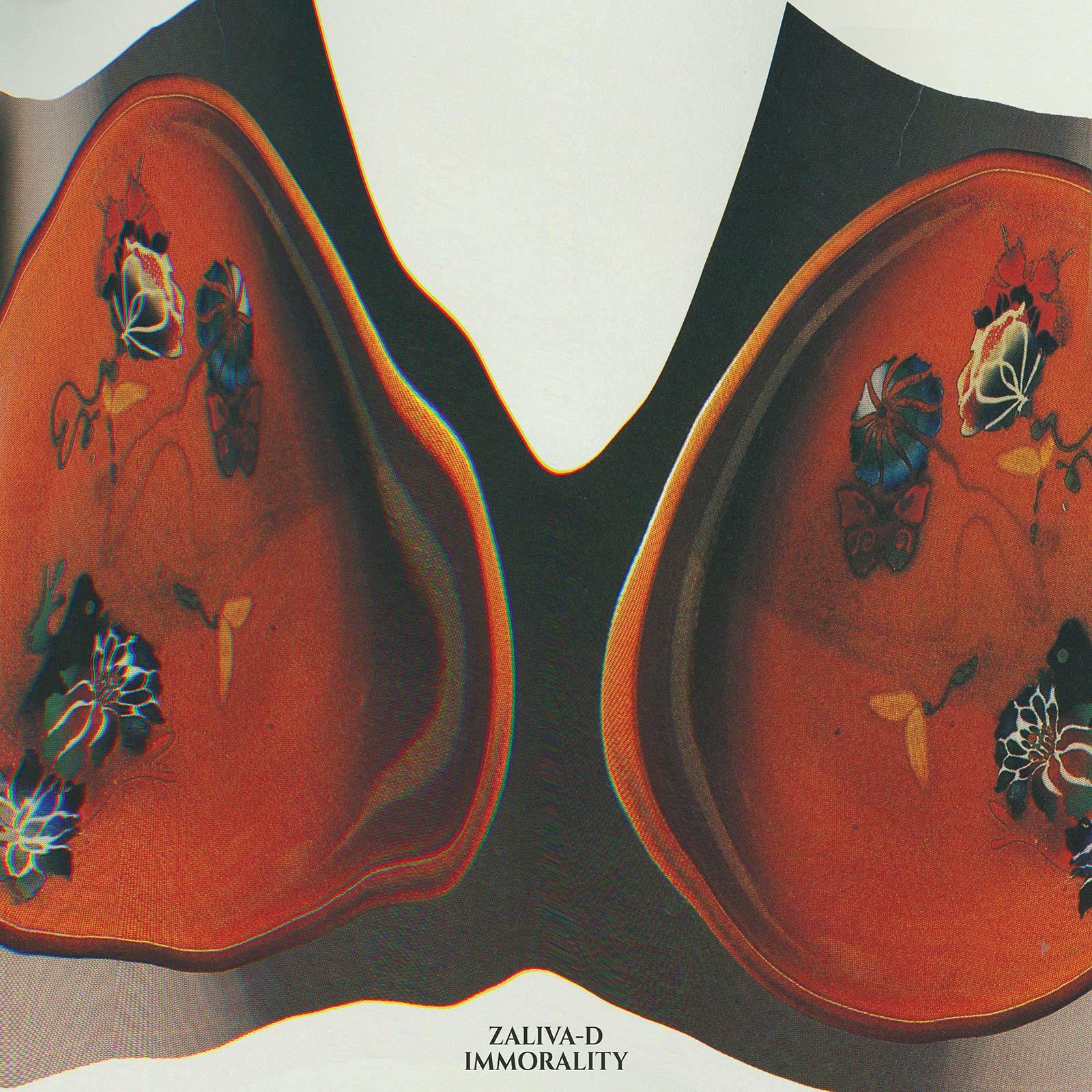№ 94
Introspective, twisted, tribal, dark and shimmering: Mark Knekelhuis’s contribution to the EDWIN Music Channel holds a special place in the vivid career of the producer and label owner from The Netherlands.
Your browser is no longer supported. For the best experience, please upgrade to the latest version of Chrome, Safari or Firefox

Introspective, twisted, tribal, dark and shimmering: Mark Knekelhuis’s contribution to the EDWIN Music Channel holds a special place in the vivid career of the producer and label owner from The Netherlands.
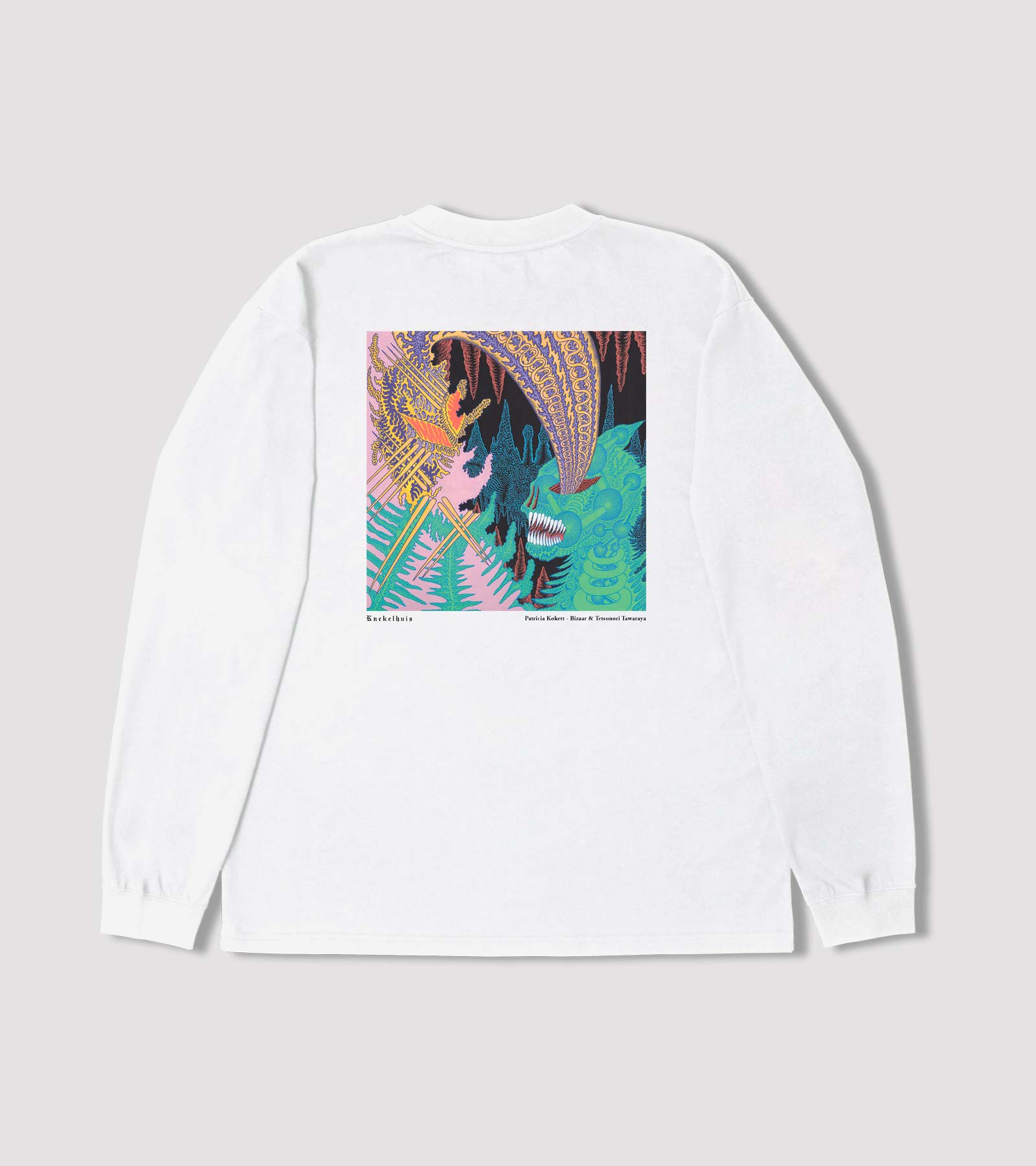

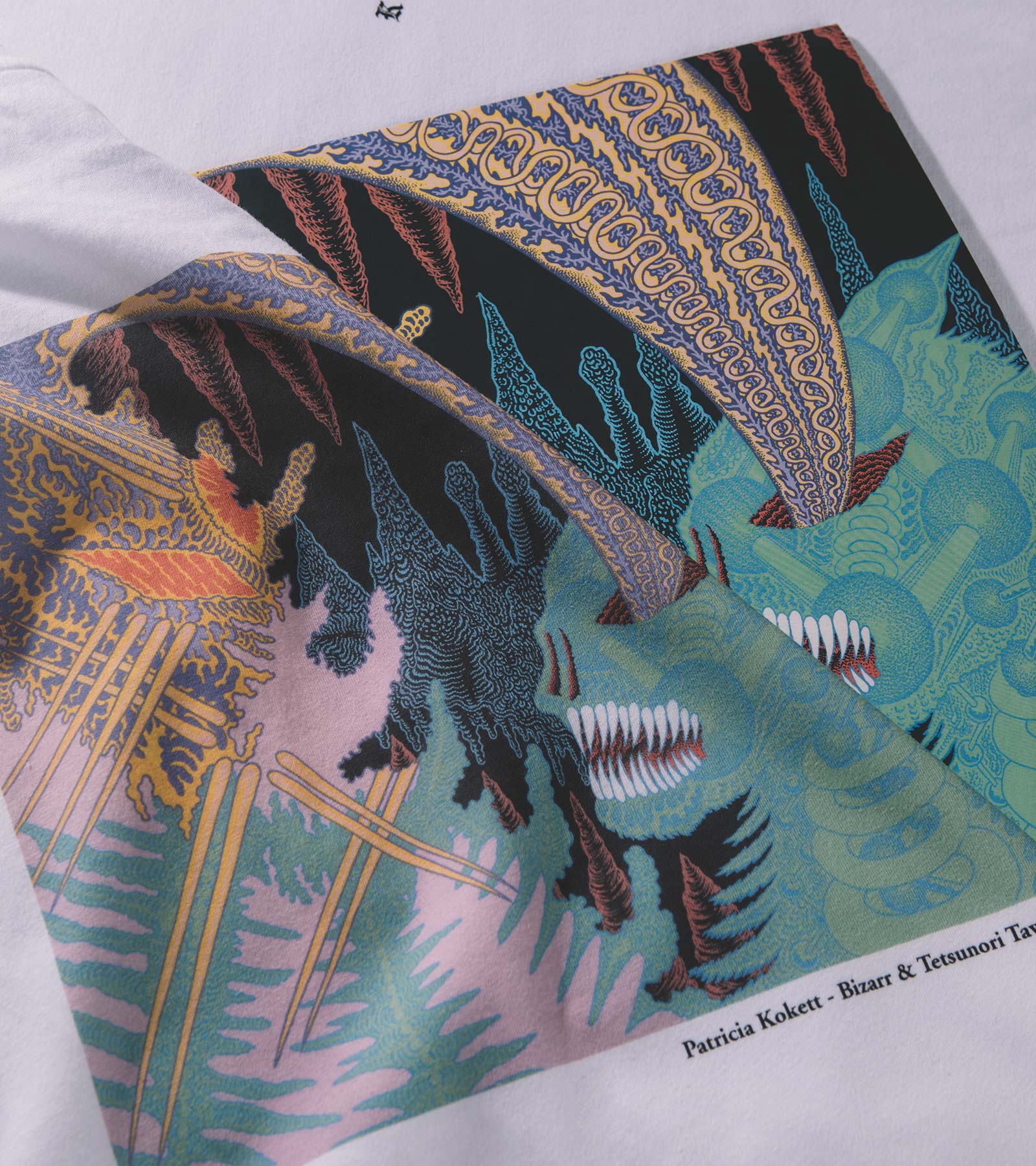

Pre-COVID-19 he was a busy DJ, touring around Europe and the rest of the World, promoting his inner punk spirit with rough yet pleasing rhythms in the intersection of techno, breaks, industrial, coldwave and punk spheres, that do not need a band to explode.
His like-minded label, Knekelhuis, continues in the same vein, releasing contemporary industrialized techno, coldwave from the '80s, Synth-Pop spoken words, as well as electrified Krautrock, leftfield experimentalism and trip hopping Ambient-IDM. Yet, he also is one of the rare contemporary label runners, that likes to build up an artists career. Musicians like Laurène Exposito aka EYE, Pascal Pinkert alias De Ambassade, Vilnius, Patricia Kokett and Beijing-based electronic music and visual art duo Zaliva-D are all part of the tastefully growing catalogue of the Amsterdam based imprint.
Instead of heating up our channel with agitating rhythms, Mark Knekelhuis has dropped us a one-hour long meditative journey into the calmer parts of his musical taste, melding slow-core grooves, spoken words, jazz particles, electrified folk and synth-craziness by the likes of Glasgow based band Komodo Kolektif, ethereal Goth Rock legends Dead Can Dance, US-American performance artist Anna Holmer, Sheffield’s techno innovators The Black Dog, Frankfurt-based break techno producer O-Wells and the new Knekelhuis signing, Lyon based project Organizatsiya.
We accompany the mix with an extended interview in which our host Mark Knekelhuis gives us a deep insight into the philosophy of his label, Amsterdam’s struggling music scene, his latest Knekelhuis singings and some news of his own live act Volition Immanent.
If that wasn't enough, EDWIN have teamed up with Knekelhuis to produce a limited edition set of Tees featuring the iconic artwork of Tetsunori Tawaraya from the Patricia Kokett - Bizarr album, exclusively available through their Bandcamp.
BE QUICK!!
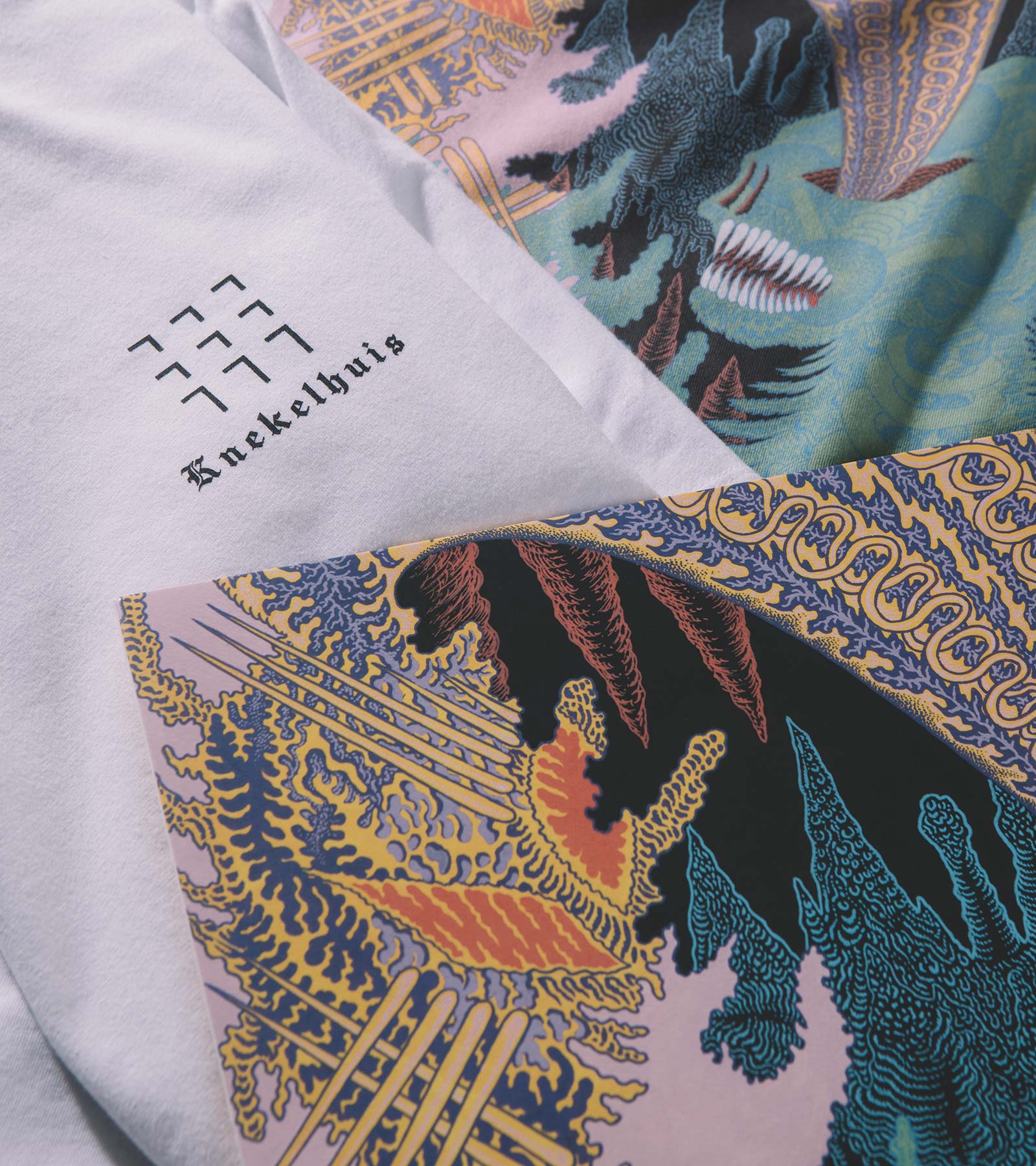
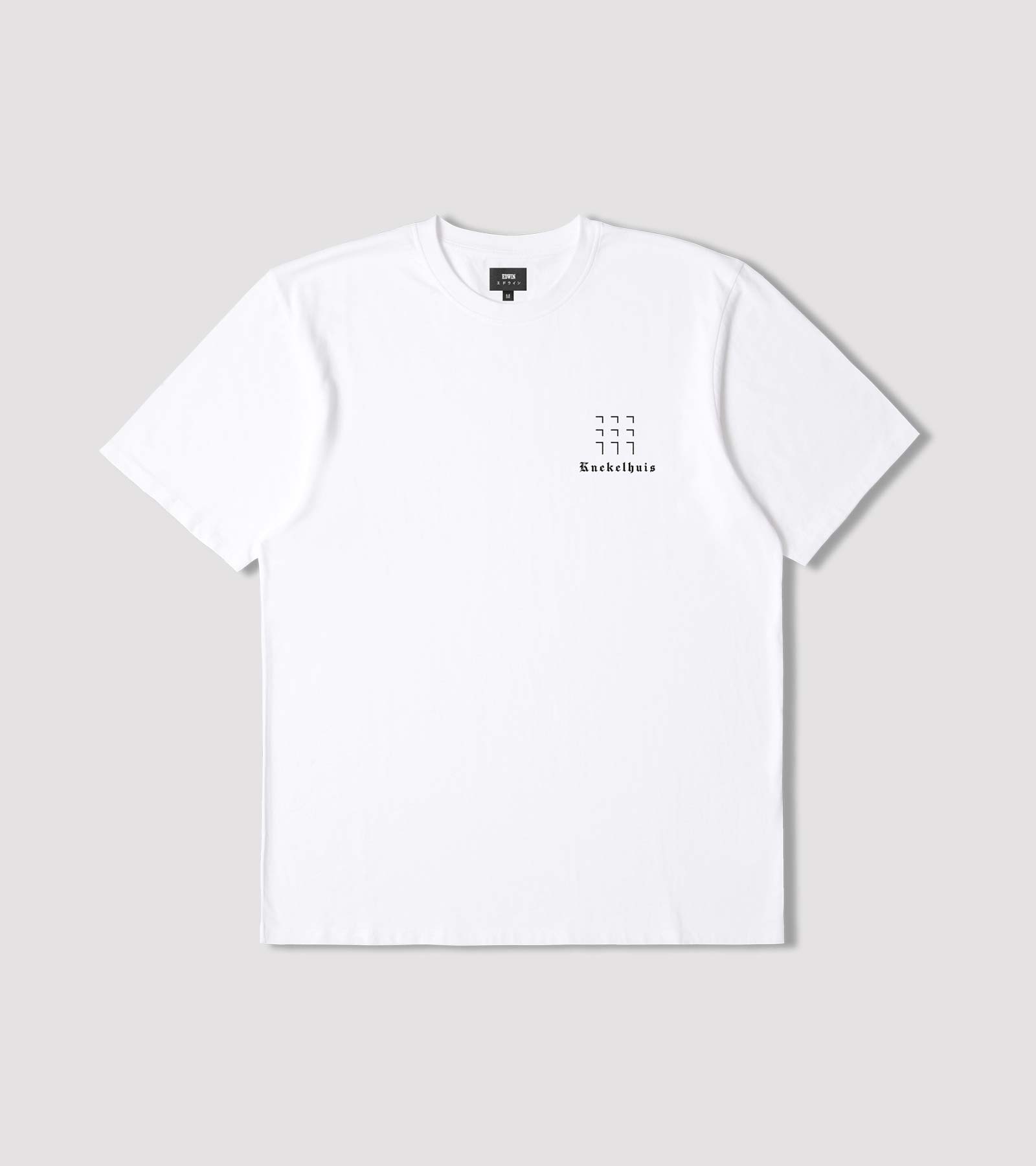


INTERVIEW
Q. Hey Mark, how are you coping in these uncertain times? Does the unpredictable future for performing artists harm your enthusiasm for releasing more inspiring music on your label Knekelhuis?
A. Hi! Thanks for having me.
On one side it is going well, but I cannot deny the mixed feelings popping up in these uncertain times. I experience a kind of curiosity towards the situation where a global system involving securities, values and entrenched powers, starts to disrupt the fundamentals. A period where systems start to falter, and what exactly will arise and how we as humans or animals respond to it, that’s an interesting facet of this pandemic.
At the same time, I am someone who loves structure, who likes to maintain the rituals that give me a safe feeling in my life, and that also means a flow where I do function well on and which is now also being tested. That causes mixed feelings that range from being stressed, to fully accepting, being angry, curious, and excited. I don't think I remember a moment in my privileged life where so much was turned upside down in the same period of time, and that has its pros and cons.
As for the future for artists, I find that a very scary story, because I see around me how hard people are struggling to stay afloat and to keep telling their story that they have worked on for years, which is grounded on passion. And some of it is making this world a more beautiful place and inspires and it needs to be shared. The financial impact on the system that is slowly collapsing can no longer give place to these artists, and that puts everything on tension and creates uncertainty. I see people stepping out of what they loved to do. And for me, Knekelhuis is such an important narrative that I am far from finished by telling this story, and to all those people who are part of it and complement and inspire me. Maybe it sounds a bit odd, but I devoted myself fully to the label in the last half-year to continue it as vividly as possible. And yes, it's hard. At the moment I experience that fewer records are sold. So now it's time to make ends meet and try to keep this up as long as possible. Because I don't want to give up, but reality shouldn't catch up with me anytime soon. Then it becomes unsustainable for me as well.
Q. Your label is releasing hard to find music from the past, as well as fresh sounds from the present. How do you keep both avenues alive and kicking at the same time? Constant digging?
A. It's too easy to say that it all goes by itself. But in a certain way it does. I think the label is slowly developing organically, and a part of that is a big interest in older sounds, who've been essential and should not get lost by the ravages of time. Even so, I find it very pleasant to live life in the now and with an eye on the future. So, the historical part is important and I really want to keep that in motion. The nicest form to do this is by curating the Kale Plankieren compilations featuring various artists who have previously released cassette material in the past. I am constantly working on the next compilations that develop slowly and those are finished when they are finished. But pushing forward has indeed to do with a form of constant digging. That is something I don't have to put in much effort either, because it is always there naturally and has always been present.
Q. The contemporary Knekelhuis artists are De Ambassade, Eye and Zaliva-D from China. It seems like you want these artists to grow, as you release singles and albums by them. How did you meet them and how important is it for you personally to give artists a space to grow in a longer sense than just an EP?
A. I feel the most comfortable with the long term rather than the very volatile one. This is a way of life and reflects the way I try to deal with my friends and family. Those principles go the same with artists on the label. Because it feels the best to work with someone when there is a real connection. And by developing it when spending time together, which can be in digital space or while travelling when playing somewhere, or when I meet someone here in the city. If it is the case that an artist on her/his side does not experience the close contact herself/himself, then that's obvious and fine, but fortunately, that does not happen very often. It always starts at the beginning and from there we see how it feels, and often it feels good, and then it is a very natural choice to follow up. And of course, we also look at where you stand as an artist at a particular moment, and where do you want to go. When is it time for an album, when is it time for an EP. And we work on that.
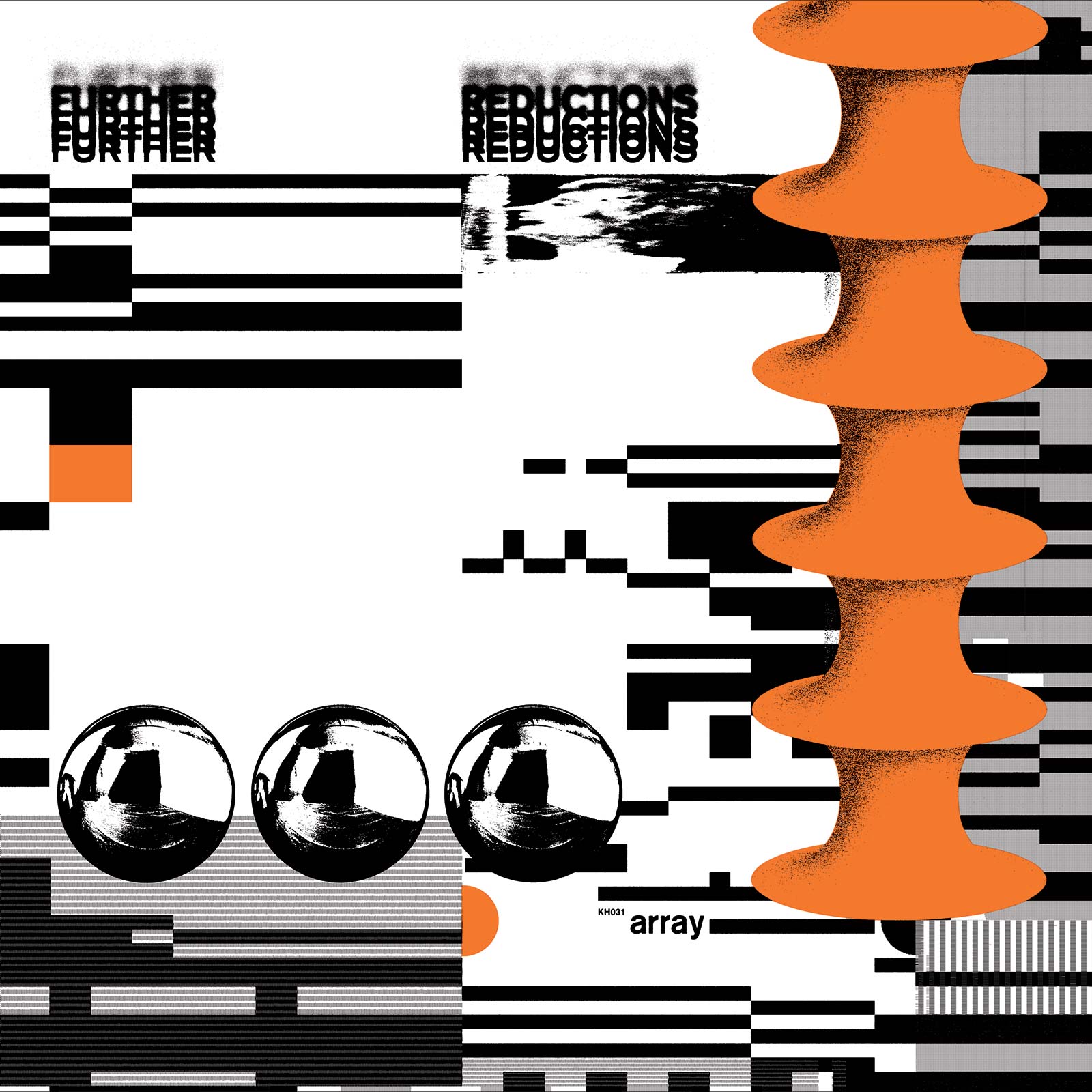

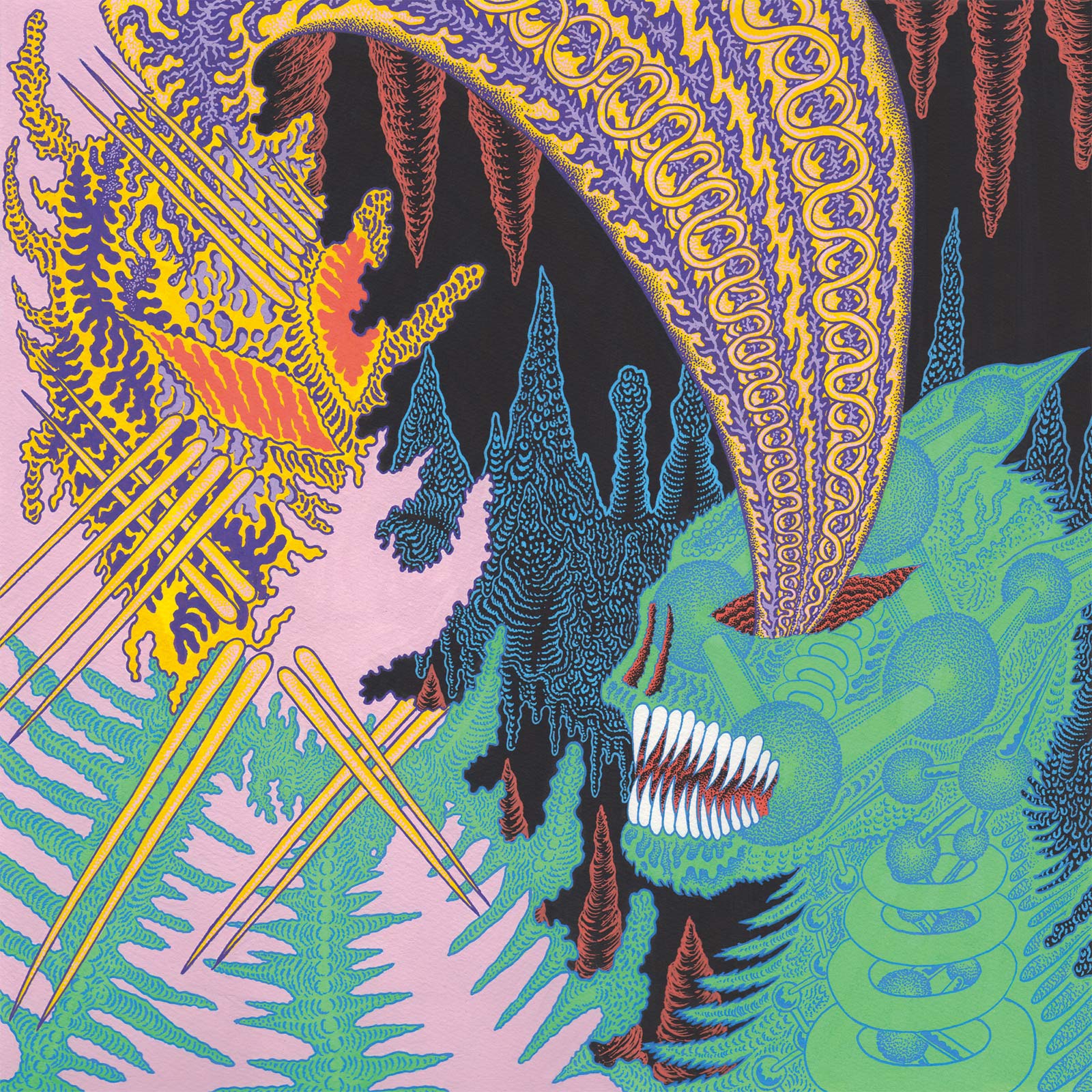

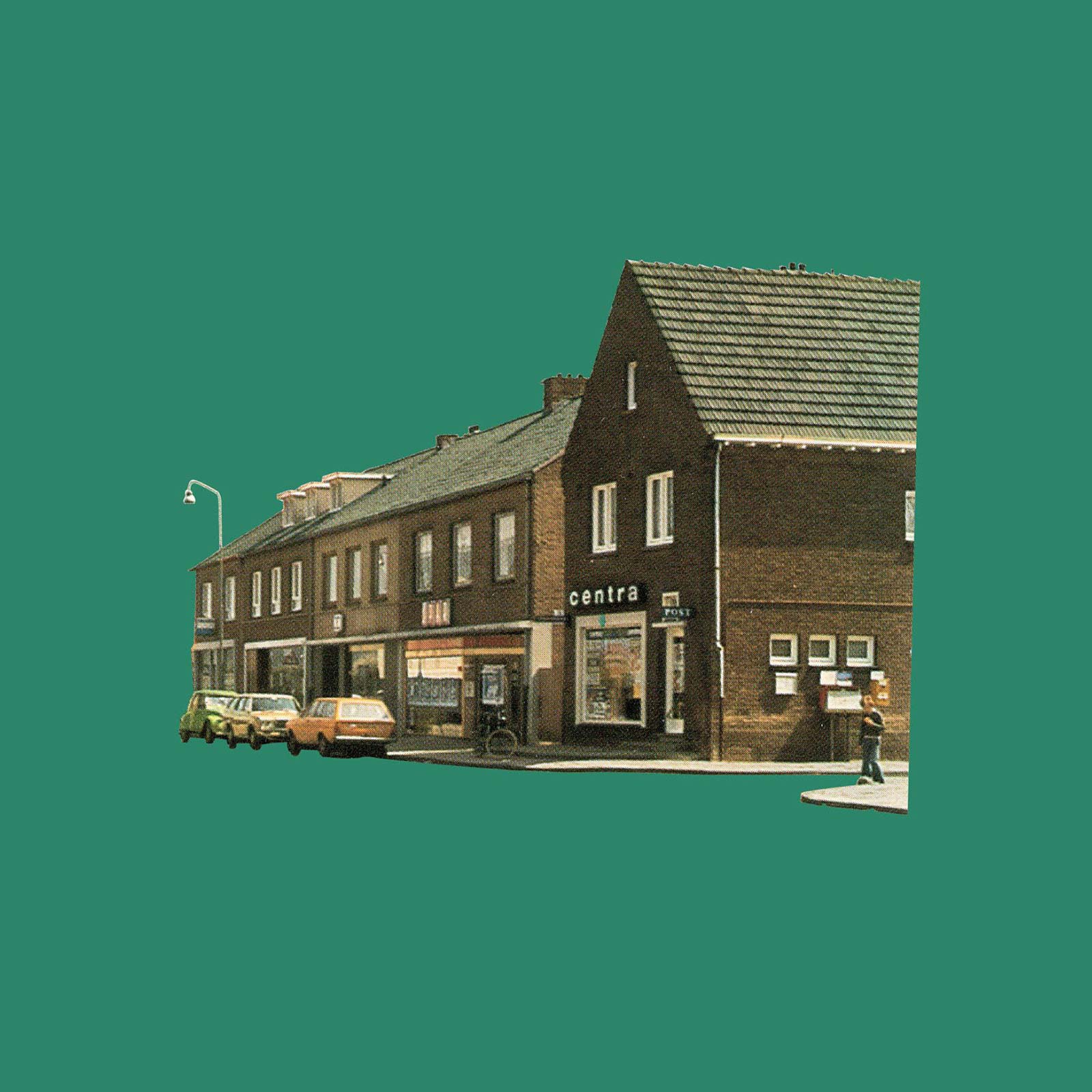

Q. What’s next on Knekelhuis?
A. Last week the second EP of Further Reductions was released. The sequel to their previous from 2017. When Katie and Shawn were in Amsterdam, we made sure to meet. In response to your previous question, we always stayed in contact. This EP was created at a different time and you can hear that in the sound and I think it’s very cool to hear that their music evolves slowly into a different form.
After Further Reductions EP, there will be an album by a great band/act/duo called Organizatsiya. The core members are Leo and Zoe from Lyon. An amazing bass player, Maxime Bisson, plays on almost all tracks, plus many guest musicians are involved. I find it pretty difficult to put this album into words. It is a creation that touches so many different sounds and genres. There is that old feeling of live band music, they use folk and electroacoustic elements and manage to combine them with modern super glitchy, futuristic sounds. That's a very fresh exciting combination that I haven't heard before. You can hear the fingers glide over the strings and every sigh and breath is present. It makes me calm, and at the same time, it activates my attention to listen carefully. This almost meditative kind of universe that opens up when listening between the lines, or breathing between the strings, that makes the whole thing come to life. I think that's fantastic. The album will be released in October. Followed by another album in November, from a fairly new band here from Amsterdam, a duo consisting of 2 women, they are called Spill Gold. Again, a live band, but in the experience, it has a very psychedelic trance-like state. Strong cosmic aspects, clearly with a foot in Krautrock, you can hear the presence of Silver Apples in there, but also references to pop music. Next month we have a release party where the record will be sold in advance in Amsterdam.
Q. Can you tell us the story behind the mix you did for EDWIN? Does it consist of music that means something special to you? Was it made under special circumstances?
A. During the Corona period, I was listening to non-dance music more than ever before. This mix is a selection of mostly contemporary tracks, Dead Can Dance is the only exception. And there are two Organizatsiya tracks in here. Something that made a big impression on me in the past six months is that we lost, Red Light Radio. It was an important place for me, and for many other people in the city, as well for artists from abroad that wanted to play at the station when they visited Amsterdam. They changed Amsterdam musically. And created a spot where people supported each other instead of competing with one another. The fact that they ceased to exist and how they ended, that touched me.
It hit a crater in the offer of internet radio in the Netherlands. Now there is a new station, called MUTO, situated in a container, located in Amsterdam West, next to Sloterdijk station. They run a bar/club called Bret, and in a big garden area they grew the first and only vineyard in Amsterdam, creatives have offices and this MUTO radio is there as well. Till now they only do live streams and don't archive it yet. I always prefer to record a mix in a club setting or a space outside my own home, it inspires me in a different way. And this show felt good and I really wanted to use the recording.
Q. The COVID-19 pandemic had a massive negative impact on the global music scene. How do you see its future and what will change in your opinion?
A. As much as I do appreciate the peace in my own life right now, at the same time the lack and missing of a dance floor, where like-minded people meet and channel their energy, is just as big. When running a label - before you are at a point where you have a face and a character - it takes time, it often takes years before you have developed an identity (if you can call it that). This works the same in all creative outputs. I'm a bit afraid that the more stubborn, idiosyncratic clubs that programmed a bit more exciting (who can certainly learn and get better at it), will be the first row to fail. And that the bigger clubs, with the money, the mainstream, survive and shape the colour in the city. Not everyone is able to manage to turn their entire company into some sort of Corona workable situation.
We lost De School in Amsterdam recently, and I know there are other important clubs that are struggling. Sacrifices are being made at booking agencies and creatives who work with and for labels/clubs/magazines. Everything stands still, and that can be maintained for a while, but not too long. In a number of years, there will undoubtedly be cool new things starting up. But now in the short term, I'm really scared of what it's going to look like. Bookings will become more local as flying is now less appropriate, making it much more interesting for the local emerging artists. Fees will change as the clubs have less money. I believe that there was a certain inequality between the fees charged by the larger artists and the artists who operate in the middle layer or even more non-conforming layers. Hopefully, the new situation will gain a little more equivalence. And with all what breaks down, something new has to be built up, and hopefully, we can make this a better place with the lessons of the past in mind. Overall, I try to stay optimistic because if I only start worrying about what could happen, it doesn't necessarily make me a happy person.
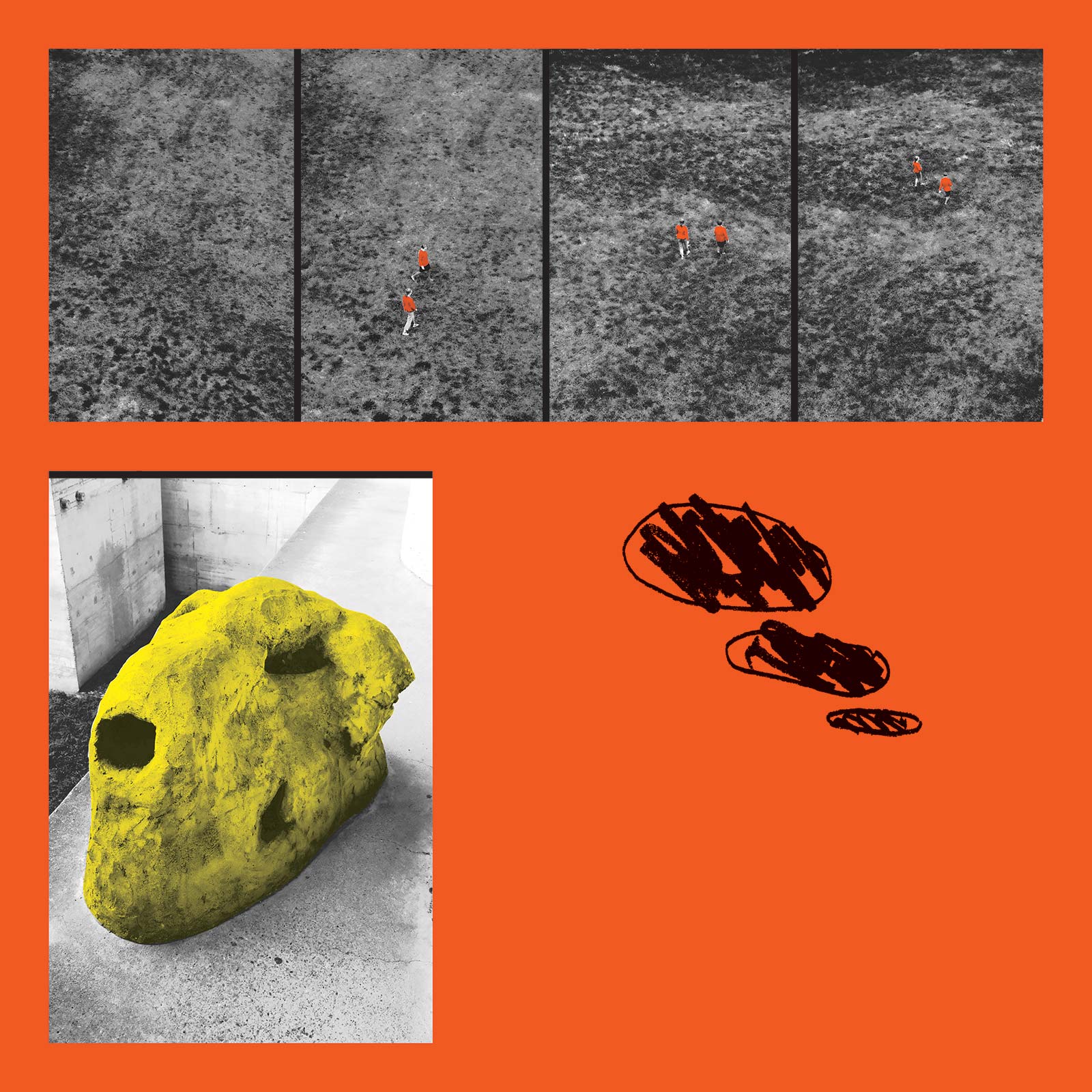

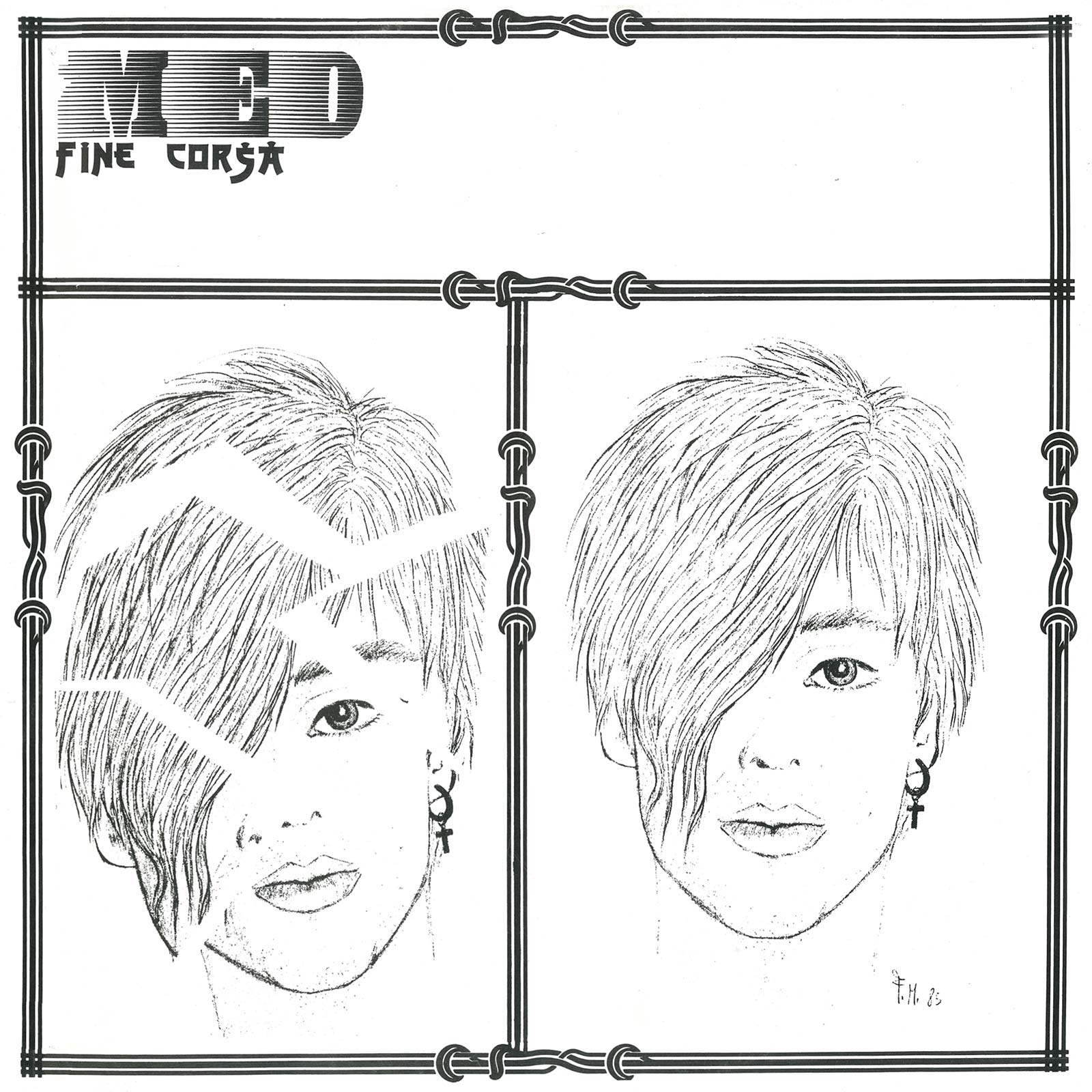

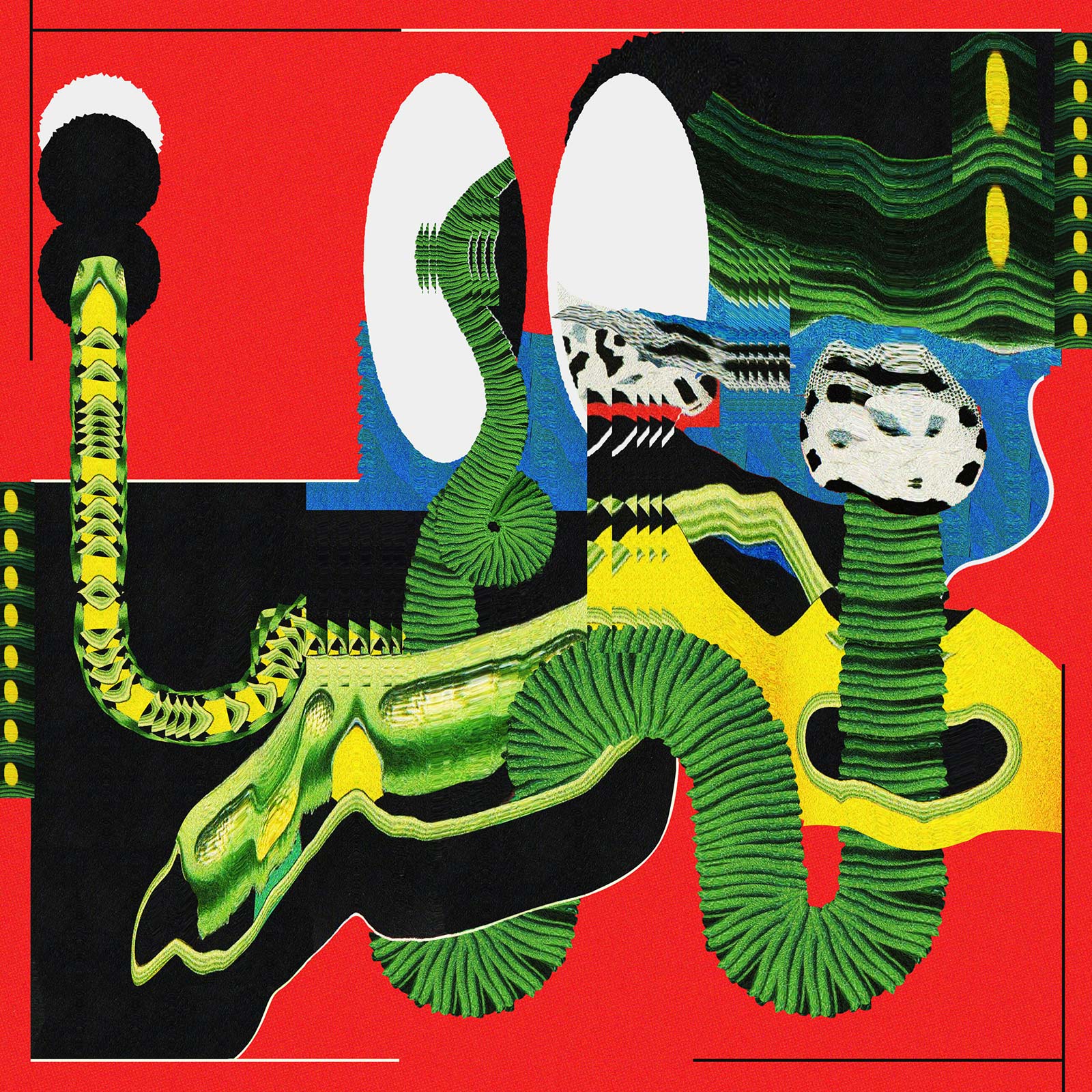

Q. Music-streaming sites and blogs, as well as a flood of releases in general, are presenting both listeners and artists with challenging questions. What's your view on the value of music today?
A. The interesting but big question and I think it is complicated to answer it properly. I have a love/hate relationship with the major music streaming services. On the one hand, I use it, also for the label, because I want the music to be available to everyone. Not only for the people who have a record player at home or have the money to download music but also for people who choose to pay for a streaming service once a month. Behind this streaming service is a super illegitimate fucked up system at the same time. When you consider the percentage of royalties earned by artists and labels as opposed to what the music streaming service is earning, that's really absurd. They have also developed an enormous algorithmic organism through which they greatly influence the taste and processing of music in the subconscious mind. So, the democratization of music availability simultaneously created a kind of situation where they have so much impact on the creative process as well. Just knowing that major pop acts, but as well as smaller acts are influenced in their creative process because streaming services designed the expectation that your hit needs to happen in the first 30 seconds. If you start making music in this way, it also changes the entire perception of music as an expression in a free form. And it happens that people end up in the same circle in their Spotify and Deezer exploration because of the algorithms, and end up listening to the same similar lists.
This intelligence of the algorithm about their music taste determines their music taste. So, if you only depend on Spotify, no, I don't think that's a good development. What I still strongly believe in, that all those experimental things that are on the streaming or released on vinyl or Bandcamp… if the quality is high, it will surface and conquer its way to the right ears. The really interesting things will make an impact and do get the attention they deserve. That’s a difference compared to decades before. And a place like Bandcamp is fantastic, most of the money comes into the hands of the people who created the music and to the labels. With the democratization of putting music out there in the world, this service has been of huge importance. Where the world used to be ruled by the major labels in the past, the world of music is now ruled by streaming services, but there’s room as well for DIY music makers who can sell their music directly, without the intervention of another party.
Q. Please recommend two artists to our readers which you feel deserve their attention.
A. Tadleeh and André Uhl.
Tadleeh was born in India, she lives in Milan and her name is Hazina. She surely made one of the greatest EPs that got released last year (Ego Will Collapse), released on the Berlin label Yekorga. She makes awesome experimental music that fits perfectly in a club setting as well. Rhythmic and super menacing, check it out. She recently released an EP on the same label with remixes from Crystallmess from Paris and Kenyan producer Slikback.
André Uhl, who lives in Berlin, will release a great album next month, called Relax and Implode, on the Martin Hossbach label. Beautifully cinematic stuff, crystal clear music production. I discovered his music through Frans Ambient’s label, Kashual Plastik. One of the compilations featured André’s track, Talking Head. Keep an eye on him.
Q. You do music in a duo called Volition Immanent. Will there be some new music coming soon and did you start any other fresh music adventures by yourself recently?
A. Volition Immanent is a live act I have with Parrish Smith. In the first months of the pandemic, we were both in quarantine. But for a few months, we have been busy making music again. There is an album coming on a very cool label that I cannot name yet. We are still writing but it’s in the final phase, the album will be released in 2021. For the rest, I am happy with the form of VI to make live music. A few years ago, I played in a black metal band, did vocals, but I also gave up, cause in addition to DJing, VI, and the label, I already have more than enough to take care of. And I can't stand doing things by half. So. this is it.
Thanks, EDWIN for the nice cooperation.
Main photo by: Nikola Lamburov
